Is an expensive mattress protector worth it? This is how much you should be paying for one, according to sleep experts
Mattress protectors can help make a mattress last long, but how much should you be investing in one?
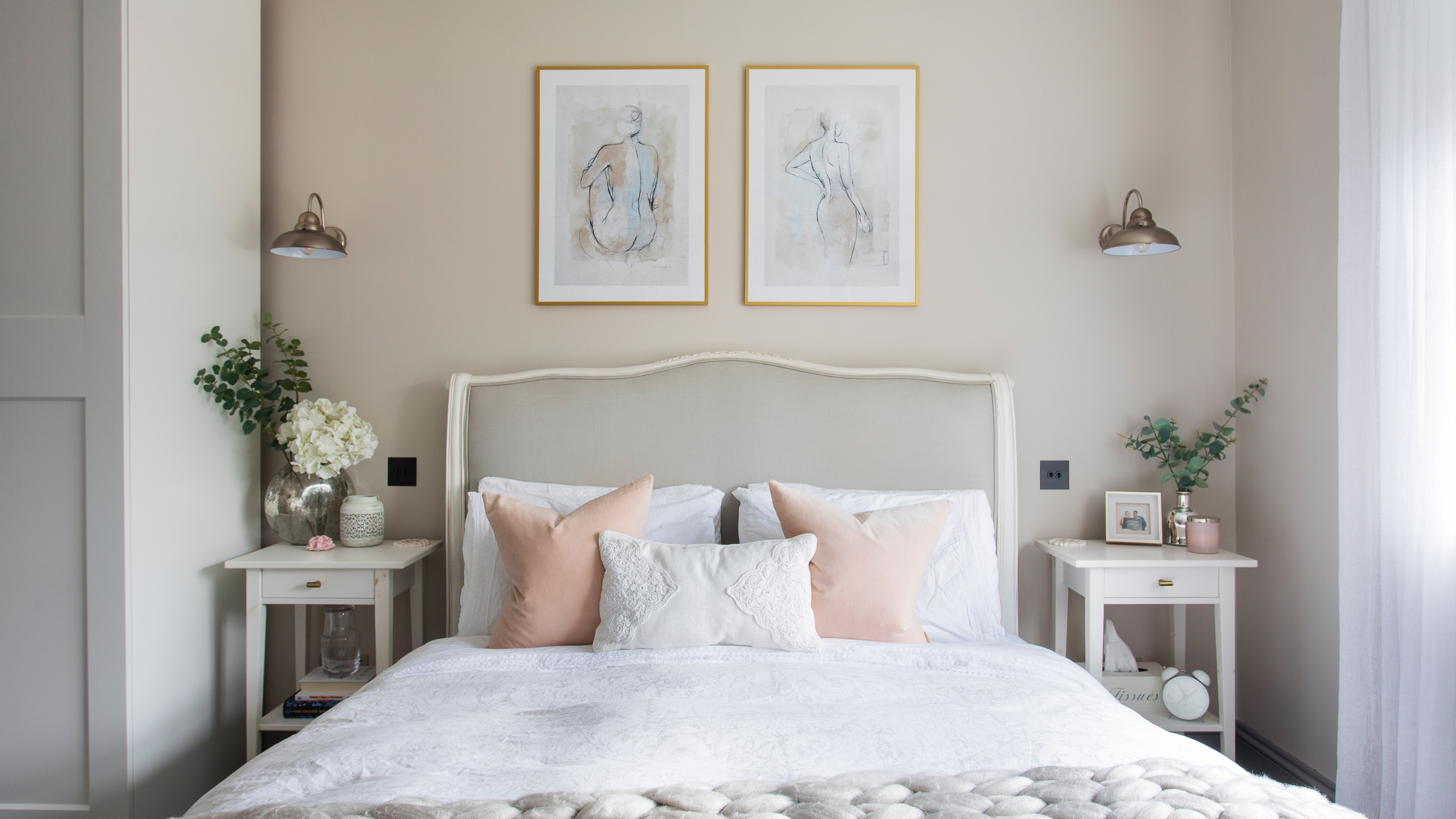

Mattresses are expensive, there’s no shying away from it. So, if you’re sensible – and you’re here, so you probably are – you’re probably wanting to extend the life of your mattress. One of the best ways to do this is with a mattress protector.
As a sleep-product writer and reviewer, I have come to realise how important a good mattress protector is. I’m not talking those waterproof sheets on kids’ beds (although those have a place), I mean soft, insulating yet functional bedding. All the best mattress protectors are these three things.
But is it worth shelling out for a pricey mattress protector, when you’ve already made a dent in your wallet buying a mattress? Or will a value mattress protector do the trick? I’ve got all the answers here, along with some insider info from the sleep-industry experts.
What is the price range for mattress protectors?
There’s a range of prices for mattress protectors. If your first question is “why” - read on, I’ll explain.
But our best mattress protectors – which we found through thorough testing – range in price from £18 for a double from Dunelm to £65 for a double from Scooms. Within that, there’s plenty of choice so you can splash the cash or save your pennies and still pick up something excellent.
‘At Dunelm we have mattress protectors from £6 to £40 from a variety of brands, including Dunelm, Fogarty, Hotel, and our luxury brand Dorma,’ says Katie Dowsing, Buyer at Dunelm.
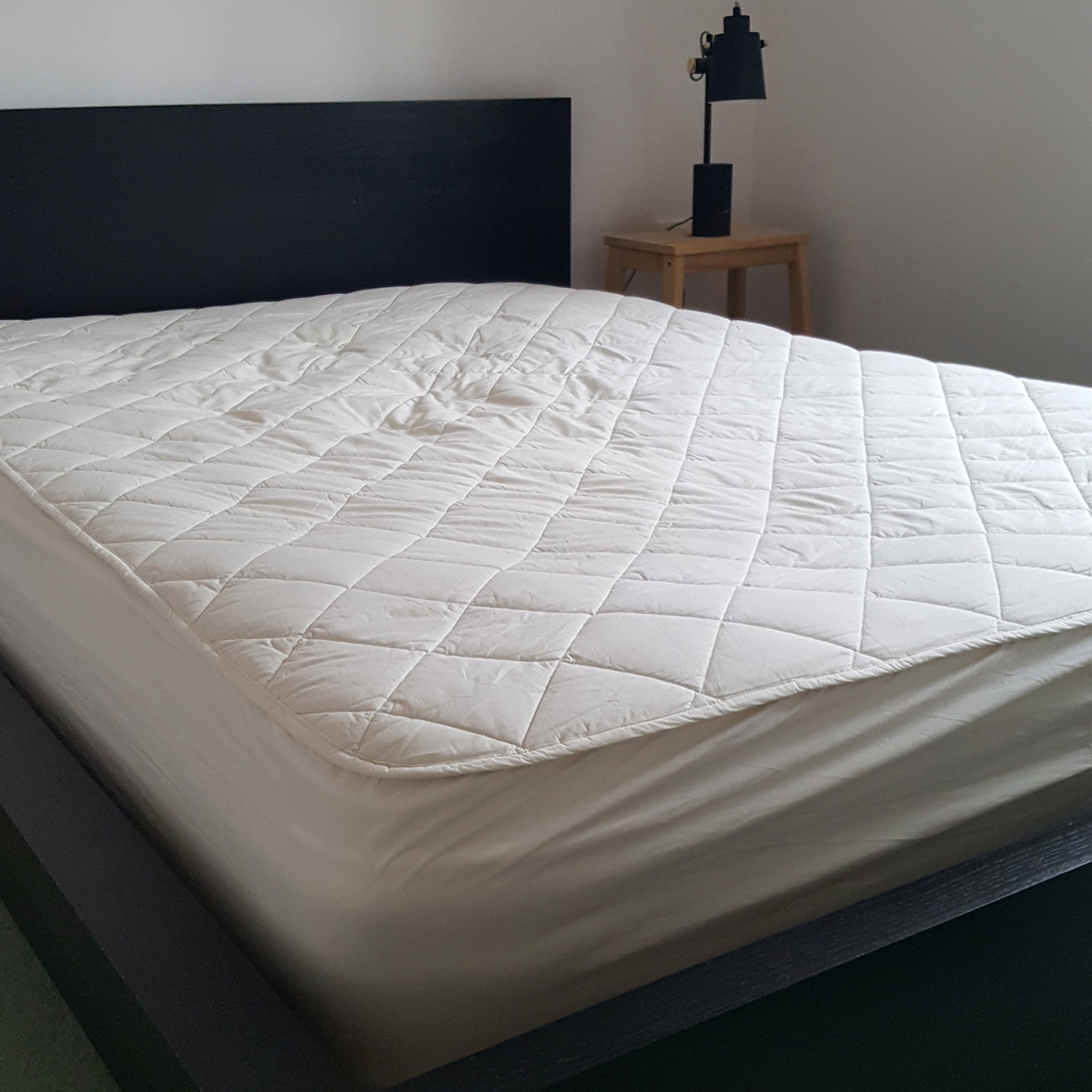
Woolroom mattress protector
What can affect the difference in price between mattress protectors?
Material
The number one factor that affects the price of mattress protectors in the fibres used in the duvet. As ever, synthetic fibres are going to be more affordable, and natural fibres like cotton, wool and bamboo are going to drive up the price.
Get the Ideal Home Newsletter
Sign up to our newsletter for style and decor inspiration, house makeovers, project advice and more.
‘The type of material can significantly impact the price of a mattress topper,’ says Karen Thomas, Head of Home Design at Marks and Spencer. ‘Our Microfibre protectors are affordable, durable, and highly rated for providing excellent protection against spills and general wear. For a more luxurious option, Hungarian Goose Feather & Down Mattress Toppers offer extra support and a plush feel, which elevates comfort levels and increases price.’
‘High-quality materials like bamboo or organic cotton are more costly but bring benefits such as breathability, a moisture-wicking ability, and hypoallergenic properties,’ explains Tommy-Joe Reardon, Head of Marketing at Panda London.
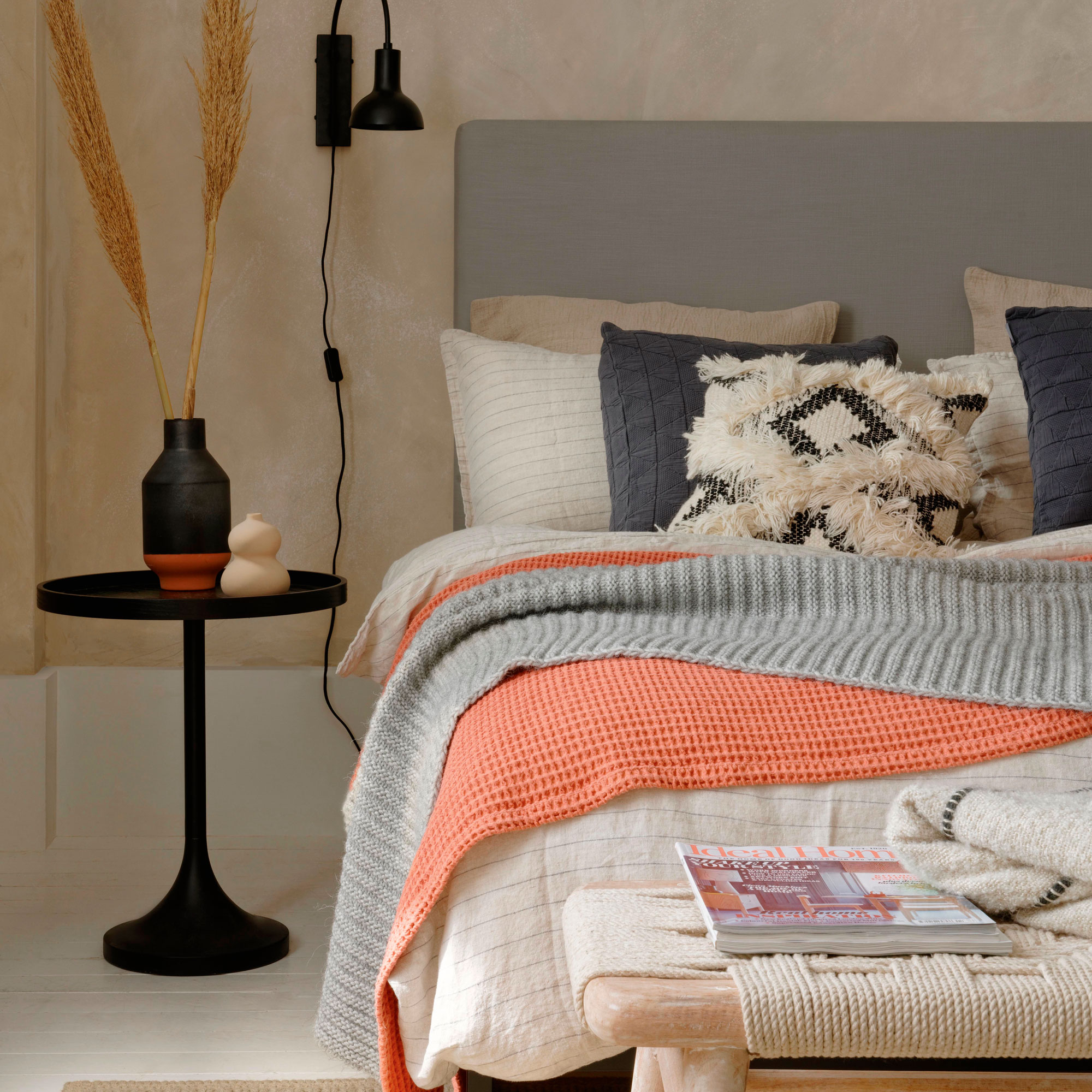
Size
As with all bedding, the bigger the size the more the mattress protector is going to be.
‘Larger mattress sizes, like King and Super King, require more material, which naturally affects the cost,’ says Karen from Marks and Spencer.
When shopping be sure you’re looking at the right size for your bed, as the price might have defaulted to single and look more affordable than it actually is. This is a classic mistake when buying a mattress protector.
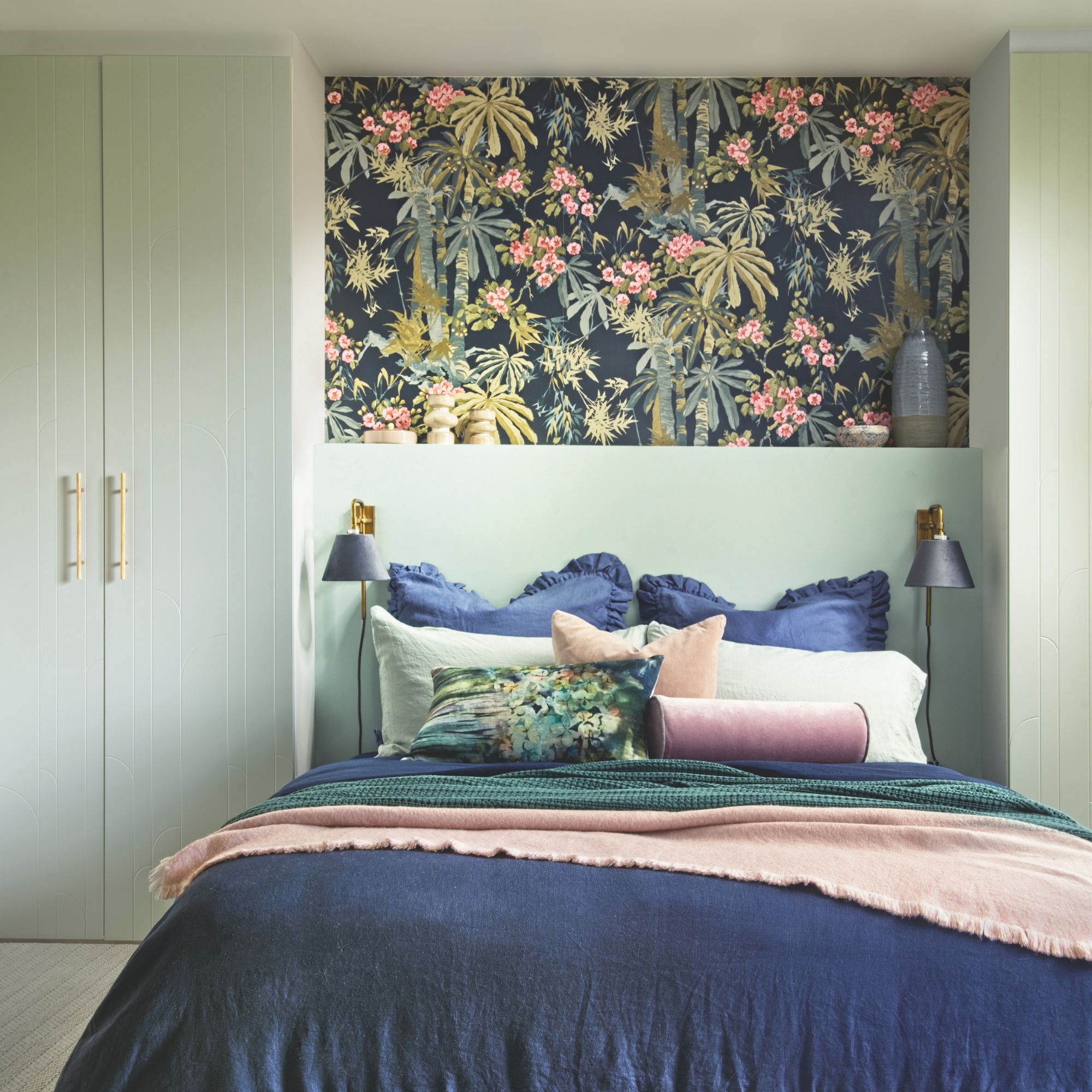
Fill quality and density
‘High-end protectors often have premium fills, such as down, that provide added cushioning or temperature control, appealing to those seeking enhanced comfort,’ says Karen from Marks and Spencer.
These extra fillings can make mattress fillings more expensive. But if you being cool while you sleep is important – after all, temperature is one of the main factors in getting better sleep – then it’s a good idea to invest. As well as down, there are wool-filled mattress protectors – I sleep on Woolroom’s mattress protector every night and swear by it. But it is over £100, which might seem a lot, but I think it’s worth every penny.
Cotton mattress protectors such as the John Lewis Natural Cotton Mattress Protector we named as one of the best cooling mattress protectors are also great – but a smidge more expensive.
Extra features
‘Some protectors include advanced features like cooling or hypoallergenic properties, which can also influence price,’ says Karen from Marks and Spencer.
‘Features such as our NanoTPU™ layer – a waterproof, paper-thin, silent, yet highly durable barrier – add significant value to our protectors,’ says Tommy-Joe from Panda.
Certifications and guarantees
The brands producing higher-end mattress protectors tend to have a focus on the provenance of their textiles and offer guarantees. But both of these drive up the price.
For example, my favoured Woolroom mattress protector is filled with traceable British wool and encased in organic cotton outer. These sustainable fibres come at a cost though.
‘Certifications like OEKO-TEX® and FSC on our bamboo and packaging, alongside recycled and recyclable plastic hygiene packaging, support our sustainability promise,’ explains Tommy-Joe from Panda London. ‘Offering a one-year free product guarantee can also affect pricing, as it reflects confidence in quality and covers potential returns.’
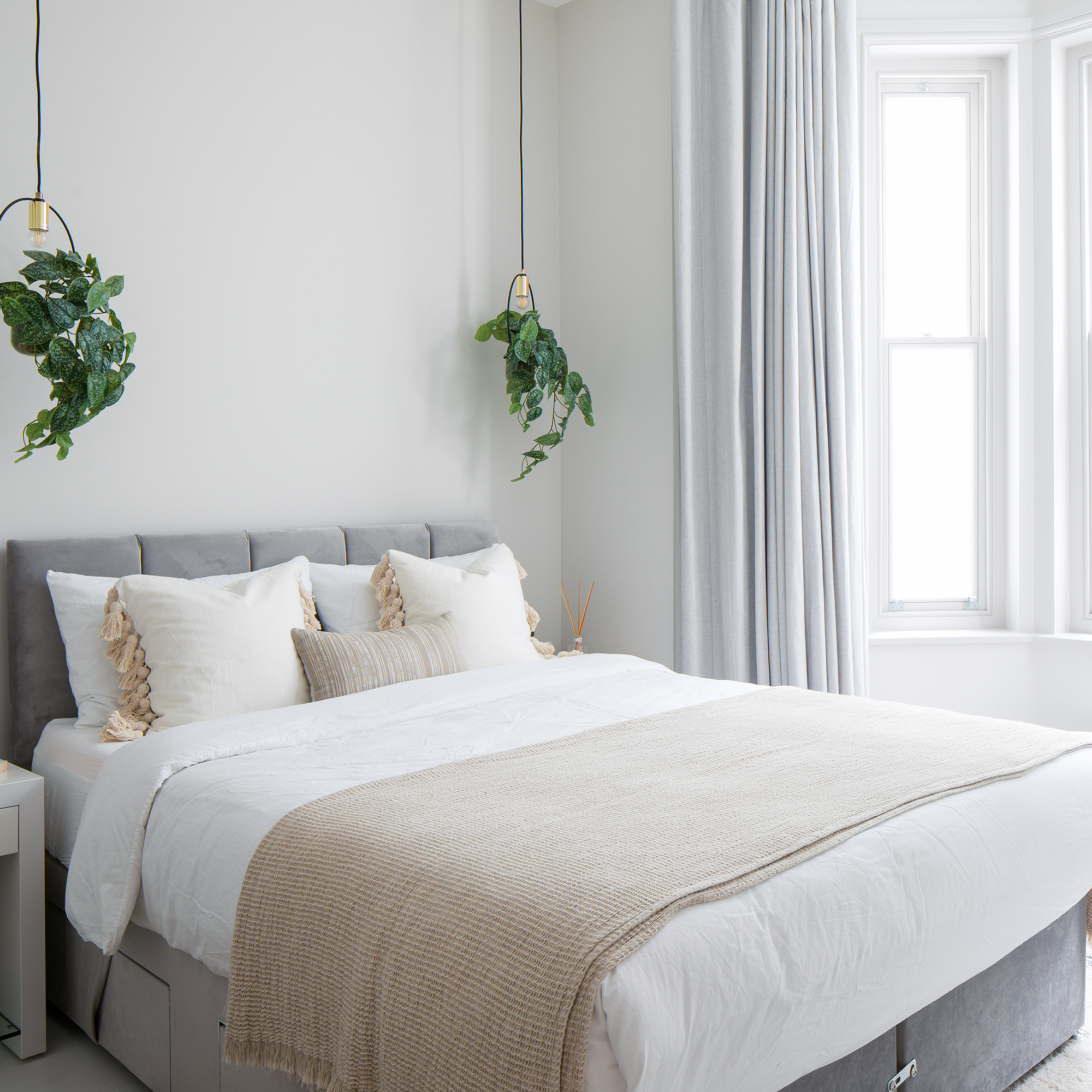
How do you know you’re buying a good-quality mattress protector?
Now you know that not all mattress protectors are equal, you’re next question is probably how do you know you’re buying the best mattress protector you can afford?
Products with guarantees and warranties are normally going to be good quality. The brand is willing to put their money where their mouth is, and offer added peace of mind when you buy – this means they believe in their product.
If you can, look at the stitching on the product - is it sturdy, or does it look like it’ll come apart after a few goes around in the washing machine?
‘Products with warranties or made from reinforced fabrics and stitching suggest longer-lasting performance and better value,’ says Tommy-Joe from Panda London.
‘To make sure you're purchasing a high-quality mattress protector, look for materials that are breathable, such as cotton or Tencel, which provide comfort and durability,’ adds Katie from Dunelm. ‘It's also a good idea to choose a protector with a skirt that securely covers the sides of the mattress, ideally made from woven or knitted fabrics for added strength. Materials, like polypropylene, are often prone to tearing and may not offer the same level of protection.’
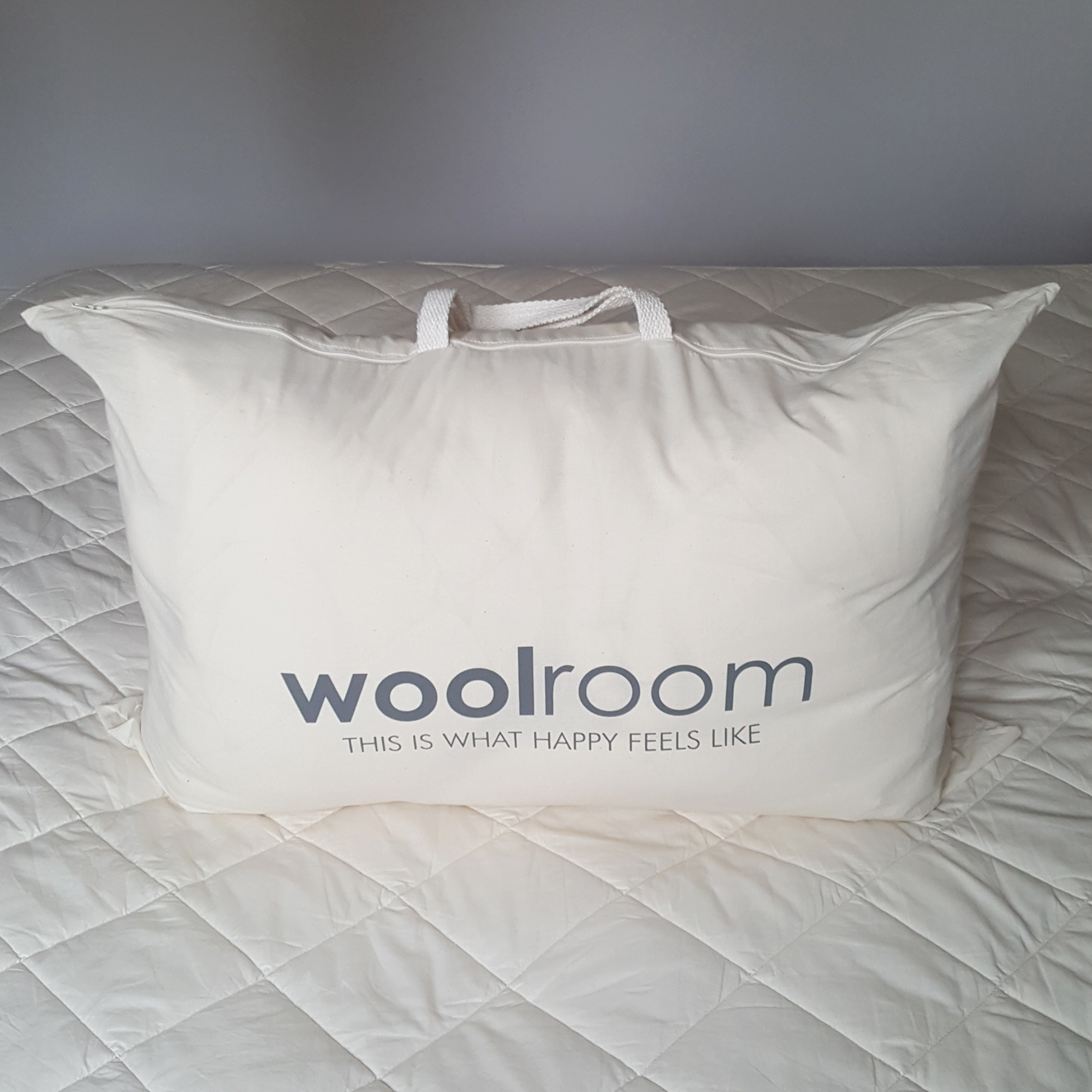
‘A good-quality mattress protector will feel soft, fit securely on the mattress, as well as be easy to wash without losing shape,’ advises Marks and Spencer’s Karen.
Lastly, trustworthy reviews are worth their weight in gold. Our highly experienced sleep editor, Amy Lockwood, thoroughly tested all the mattress protectors in our guide.
‘Look for positive customer reviews as well as key features, like breathability, hypoallergenic materials, and quality fabrics, which help ensure comfort and durability,’ says Karen from Marks and Spencer.
Can a ‘value’ mattress protector ever be a good buy?
You don’t have to empty your bank account to get a good mattress protector, and you might decide that money is better spent on more-expensive bed linen, a high-end duvet or pricier pillow.
‘Some of our most affordable options consistently receive great reviews. Customers appreciate their quality, noting they’re soft, easy to fit, and wash well,’ reassures Karen from Marks and Spencer.
‘A budget-friendly mattress protector can be a practical choice if it provides essential features, such as waterproofing or basic hypoallergenic protection and uses sustainable or non-toxic materials offering an accessible option for consumers who prioritise environmental considerations,’ says Tommy-Joe from Panda London.
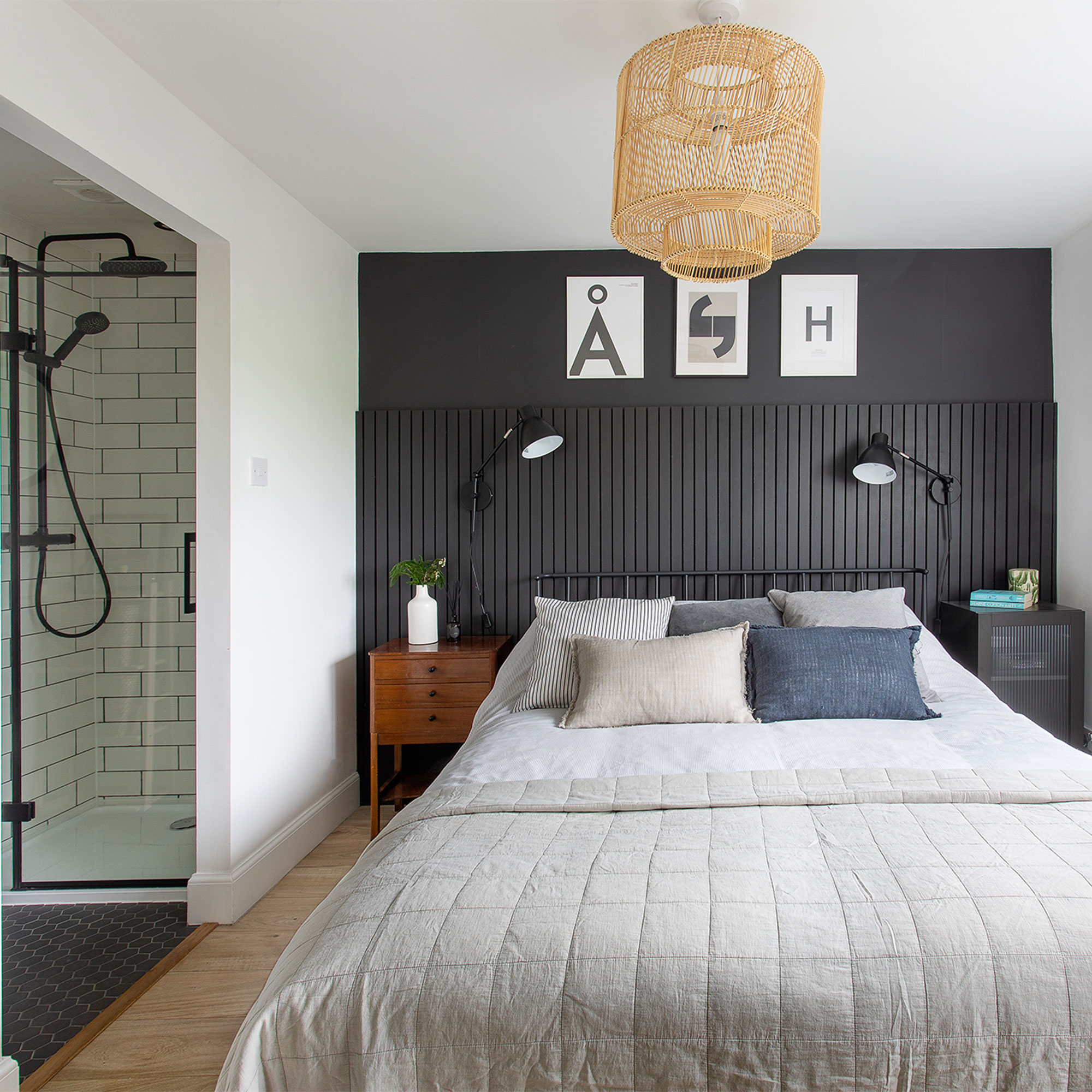
Final verdict - What should you pay for a mattress protector?
Never pay more than you can afford for something is my motto in life. I have tried a vast range of mattress protectors, and I don’t turn my nose up at cheaper versions of the product.
‘The right amount depends on your needs,’ advises Karen from Marks and Spencer. ‘For basic protection, our microfibre options provide great value at an affordable price. If you’re looking to enhance comfort or address specific needs, such as added softness or allergy prevention, investing a bit more in a premium protector could be worthwhile.’
‘The price depends on the quality of the product – our Bamboo Mattress Protector offers extra benefits such as being waterproof, breathable, silent and gentle on the skin,’ says Panda London’s Tommy-Joe. ‘It’s durable and long-lasting, meaning it sits really well within the £30-£45 price range.’

Zoe is a freelance journalist and content strategist. Her career has traversed kids' publishing, women's lifestyle magazines, luxury property and content marketing. She's worked for the BBC, STYLIST, Marie Claire, heat, Wallpaper*, InStyle, The Sunday Times Style, Ocado, Christie's and more. She now regularly writes about interiors and sleep for a range of media – what she doesn't know about mattresses isn't worth knowing.
-
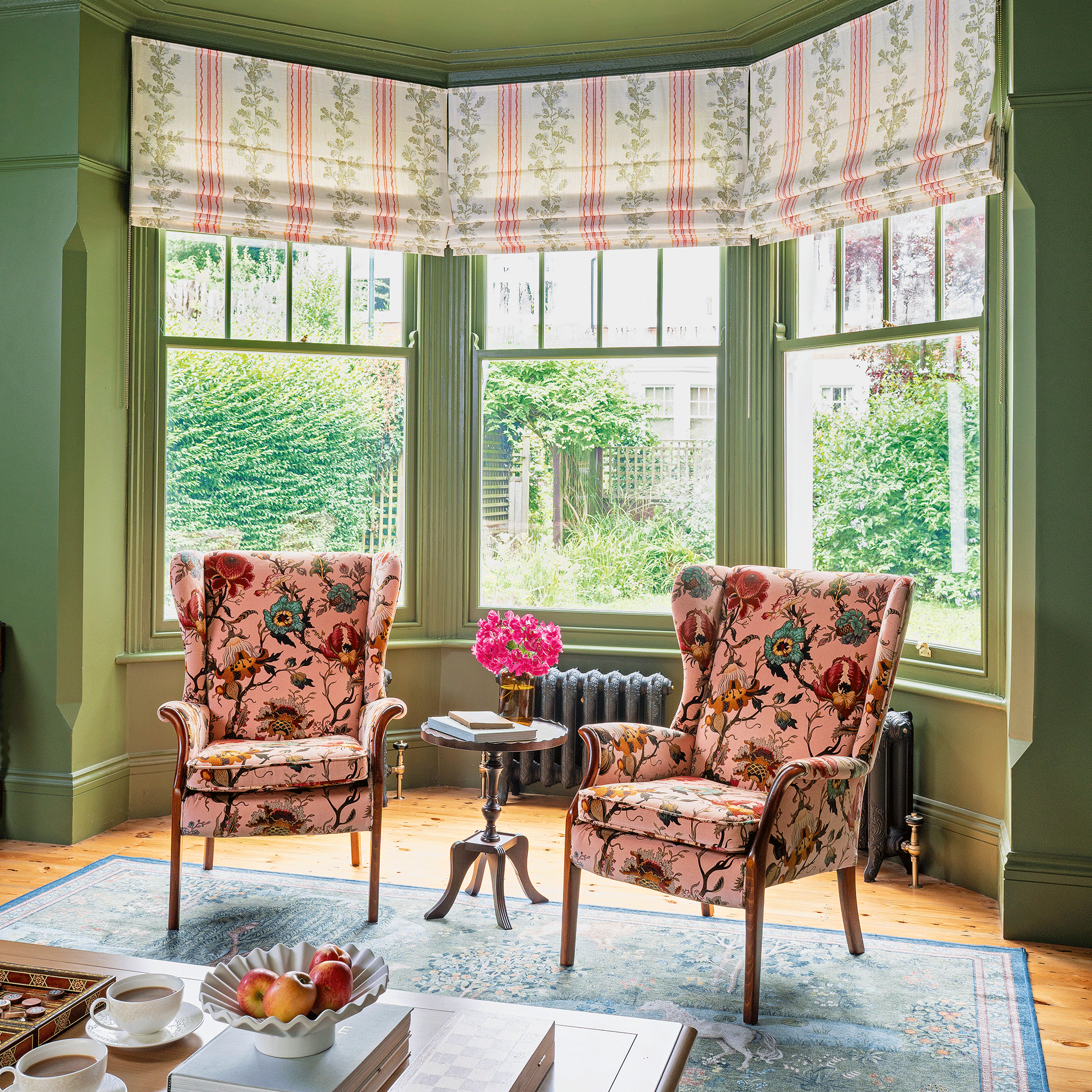 A strict colour palette and vintage finds have turned this semi-detached Edwardian house into an elegant family home
A strict colour palette and vintage finds have turned this semi-detached Edwardian house into an elegant family homeSticking to a three-colour palette of green, pink and yellow and mixing in plenty of vintage furniture and art has created an authentic period feel
By Stephanie Smith
-
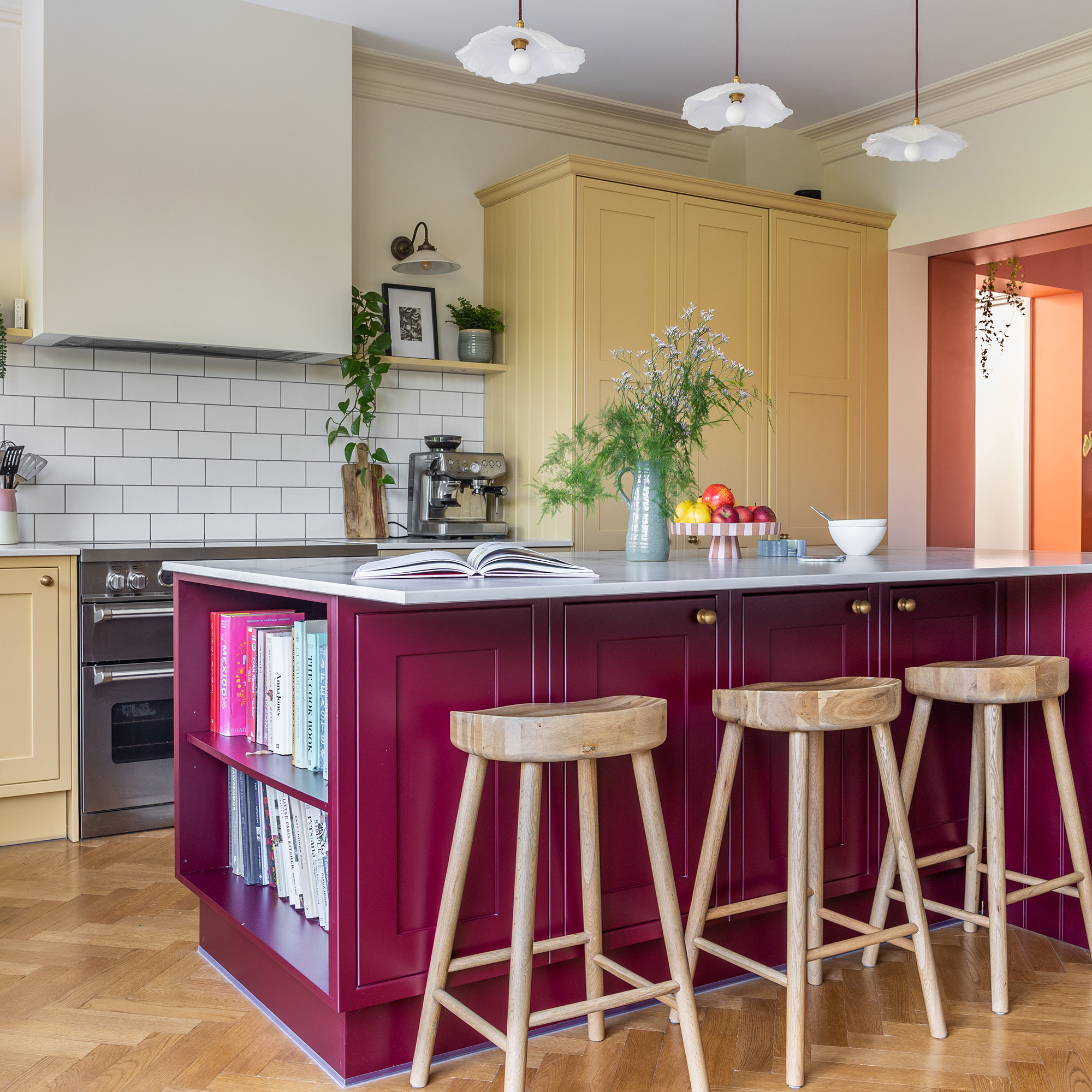 A top-to-bottom renovation has turned this Edwardian house into a lovely family home
A top-to-bottom renovation has turned this Edwardian house into a lovely family homeWith a few considered structural changes, this period house has been turned into a family home and has created a sanctuary for years to come
By Maxine Brady
-
 How to heat a conservatory
How to heat a conservatory7 practical options to consider for year-round comfort
By Amy Reeves
-
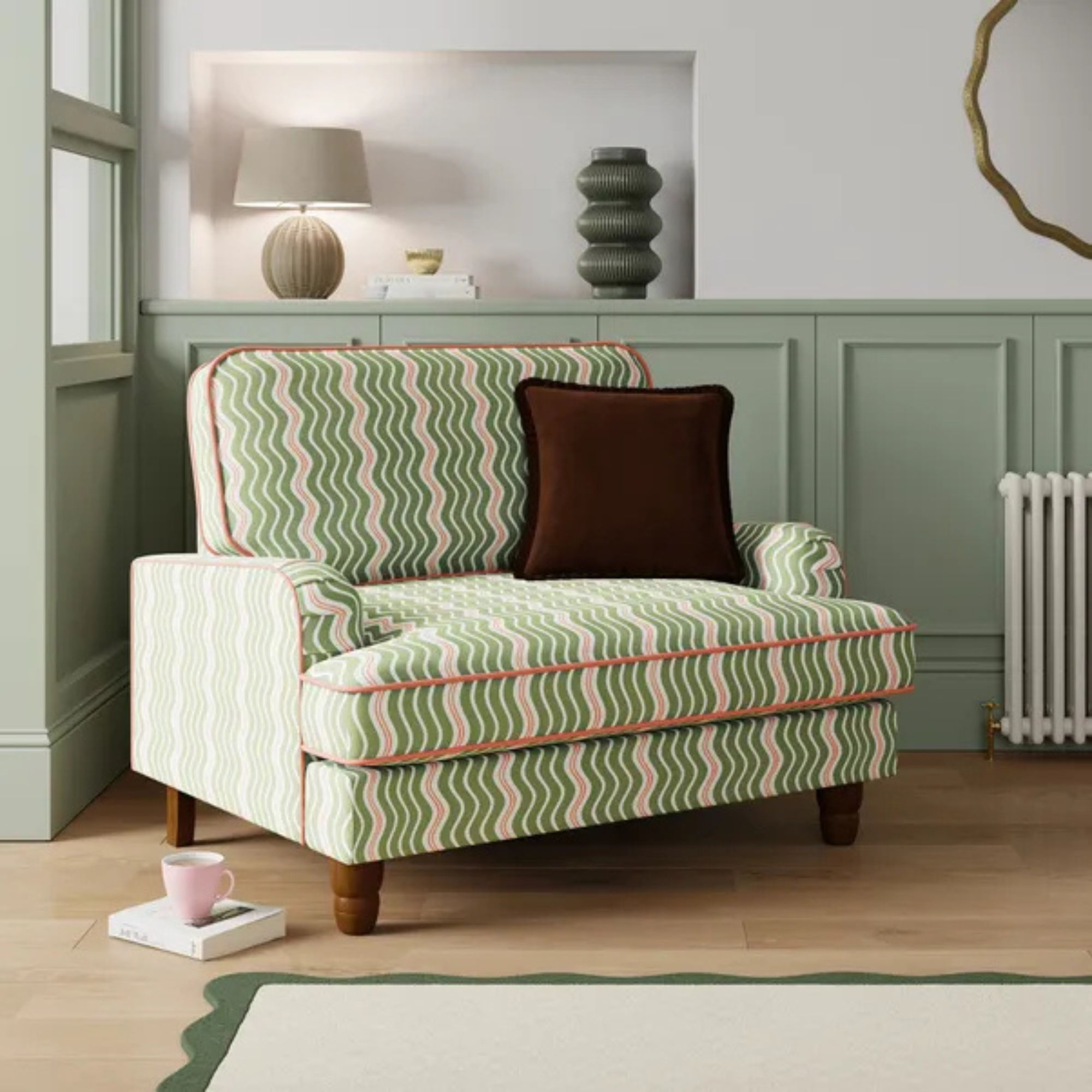 Dunelm has given its cult snuggle chair a new look - it's swapped classic stripes for another emerging pattern trend
Dunelm has given its cult snuggle chair a new look - it's swapped classic stripes for another emerging pattern trendI'm obsessed with this fresh new style
By Kezia Reynolds
-
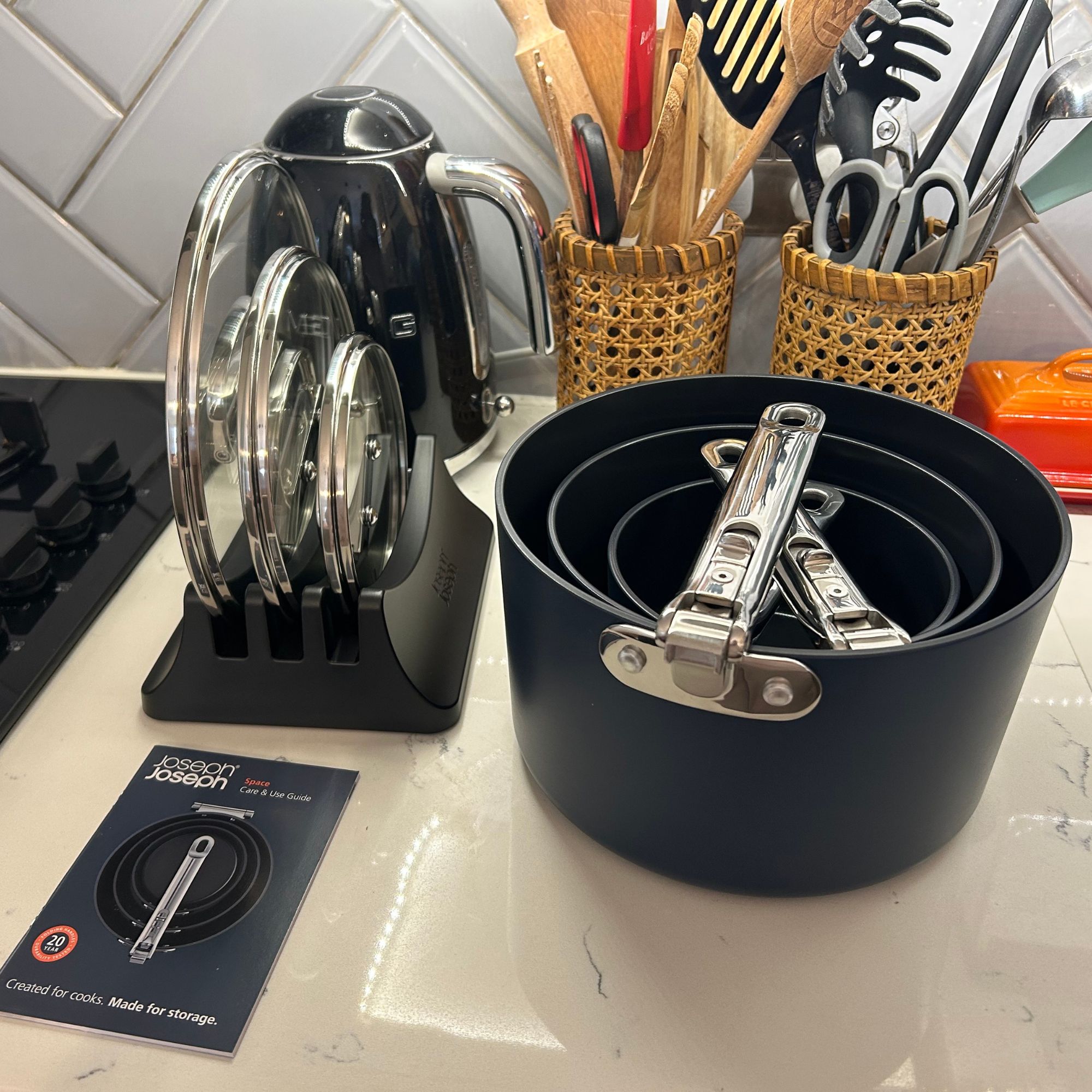 I tried Joseph Joseph's pan set with foldable handles – the space-saving design is just one of the many highlights
I tried Joseph Joseph's pan set with foldable handles – the space-saving design is just one of the many highlightsSmall kitchen? I tested this innovative Joseph Joseph space-savvy set which has foldable handles — and I loved it
By Annie Collyer
-
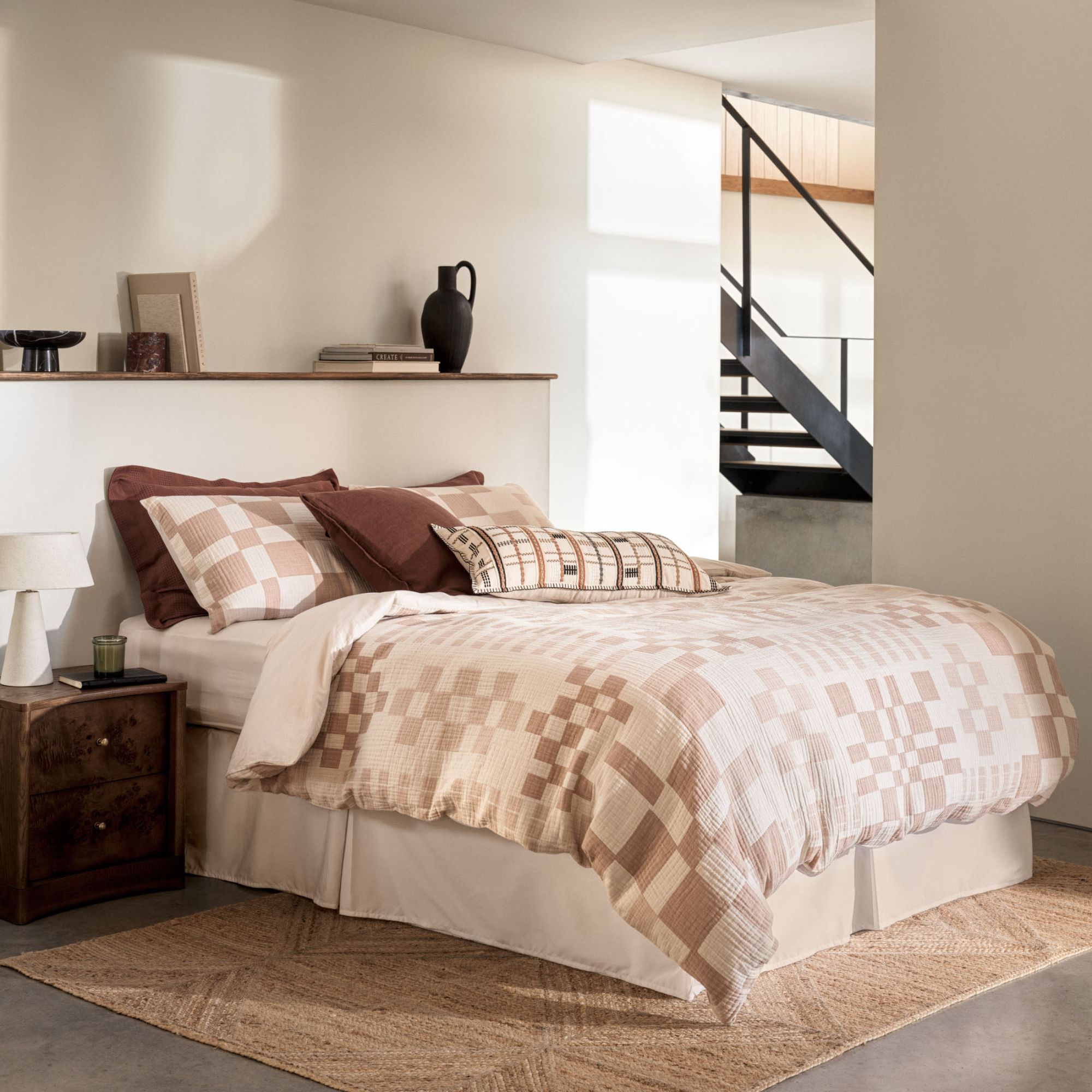 As a stylist, I spend hours looking for bedding for photoshoots, and I just spotted these 6 expensive-looking sets at M&S
As a stylist, I spend hours looking for bedding for photoshoots, and I just spotted these 6 expensive-looking sets at M&SGet a little luxury at a high-street price
By Laurie Davidson
-
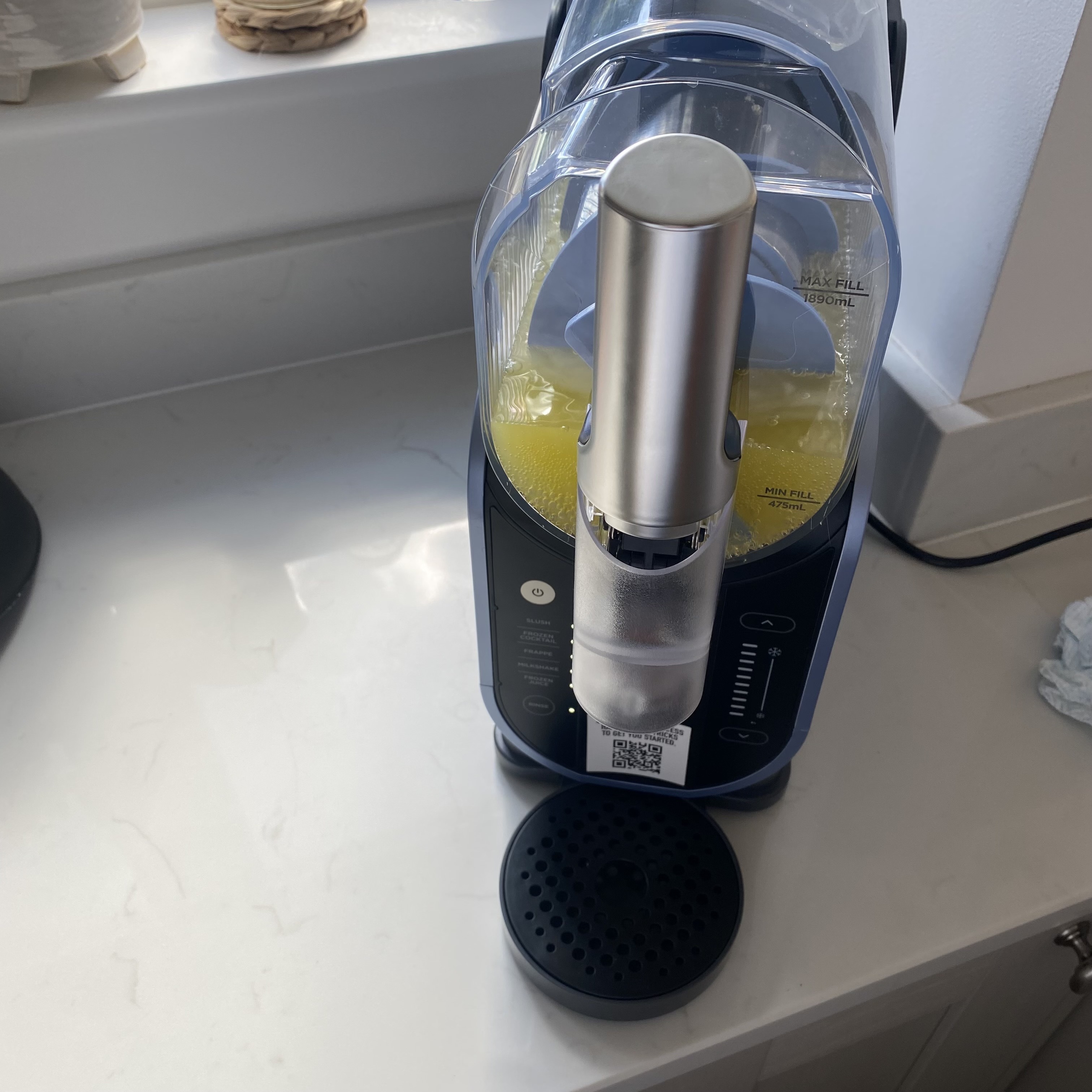 I've been waiting to try out the Ninja Slushi for months – this is what happened the first time I tried it
I've been waiting to try out the Ninja Slushi for months – this is what happened the first time I tried itThe Ninja Slushi is the stuff of dreams for summer entertaining
By Molly Cleary
-
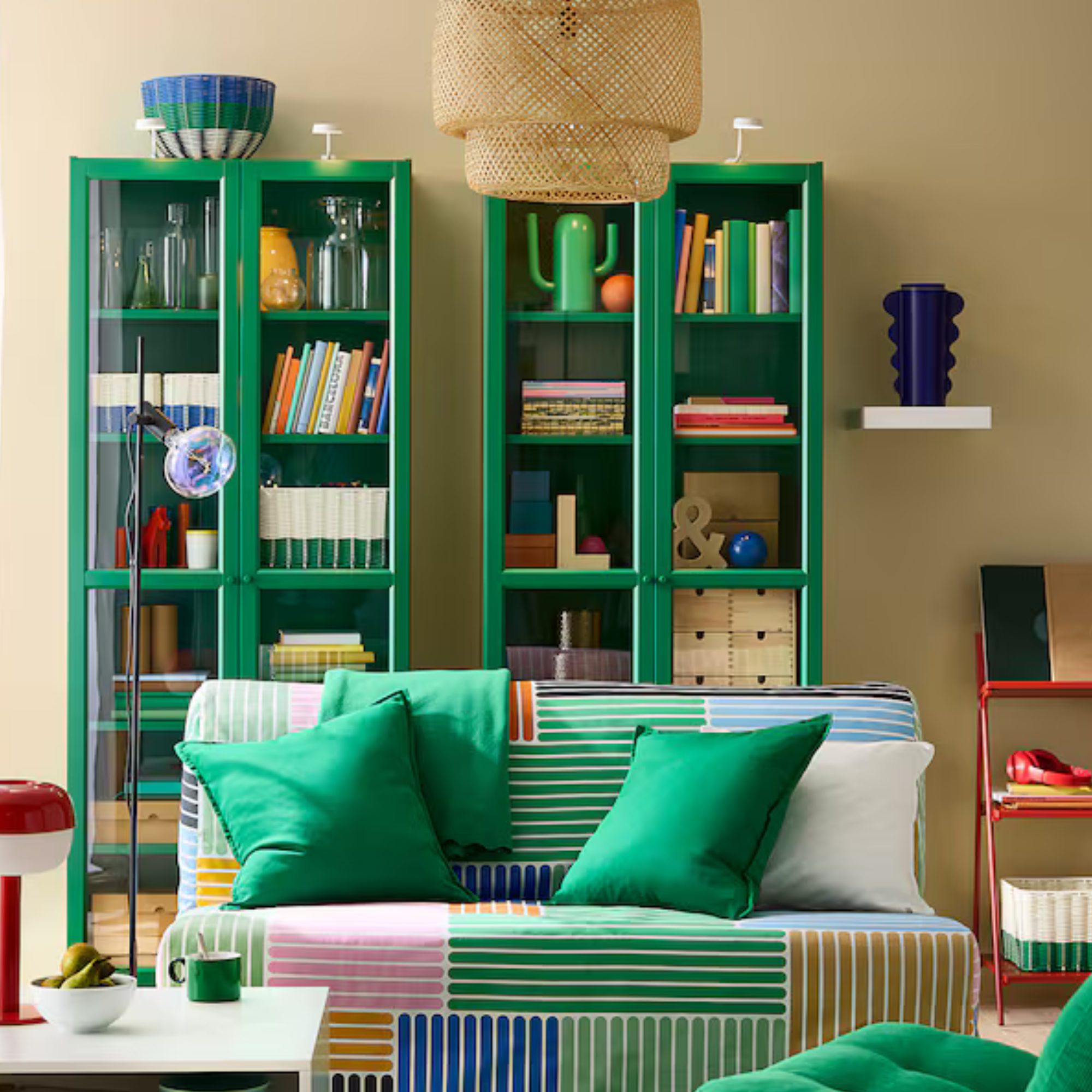 IKEA has drenched its BILLY bookcase in this year’s ‘it’ colour - but you’ll have to act fast if you want to get your hands on one
IKEA has drenched its BILLY bookcase in this year’s ‘it’ colour - but you’ll have to act fast if you want to get your hands on oneI'm obsessed with this gorgeous limited-edition colourway
By Kezia Reynolds
-
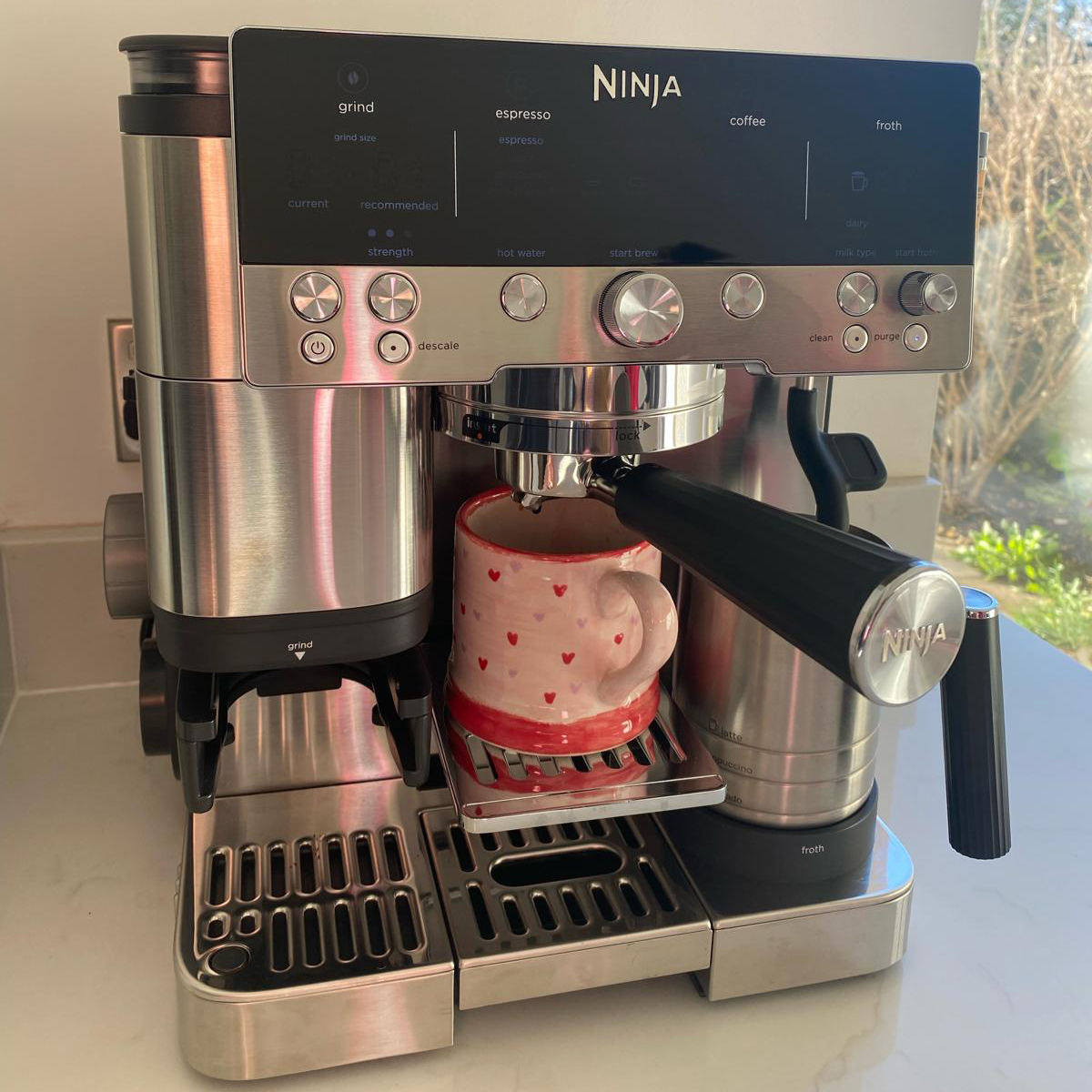 My go-to Ninja coffee machine just had a major price drop. It's more affordable than I've seen it before
My go-to Ninja coffee machine just had a major price drop. It's more affordable than I've seen it beforeIt makes coffee shop quality achievable at home
By Molly Cleary
-
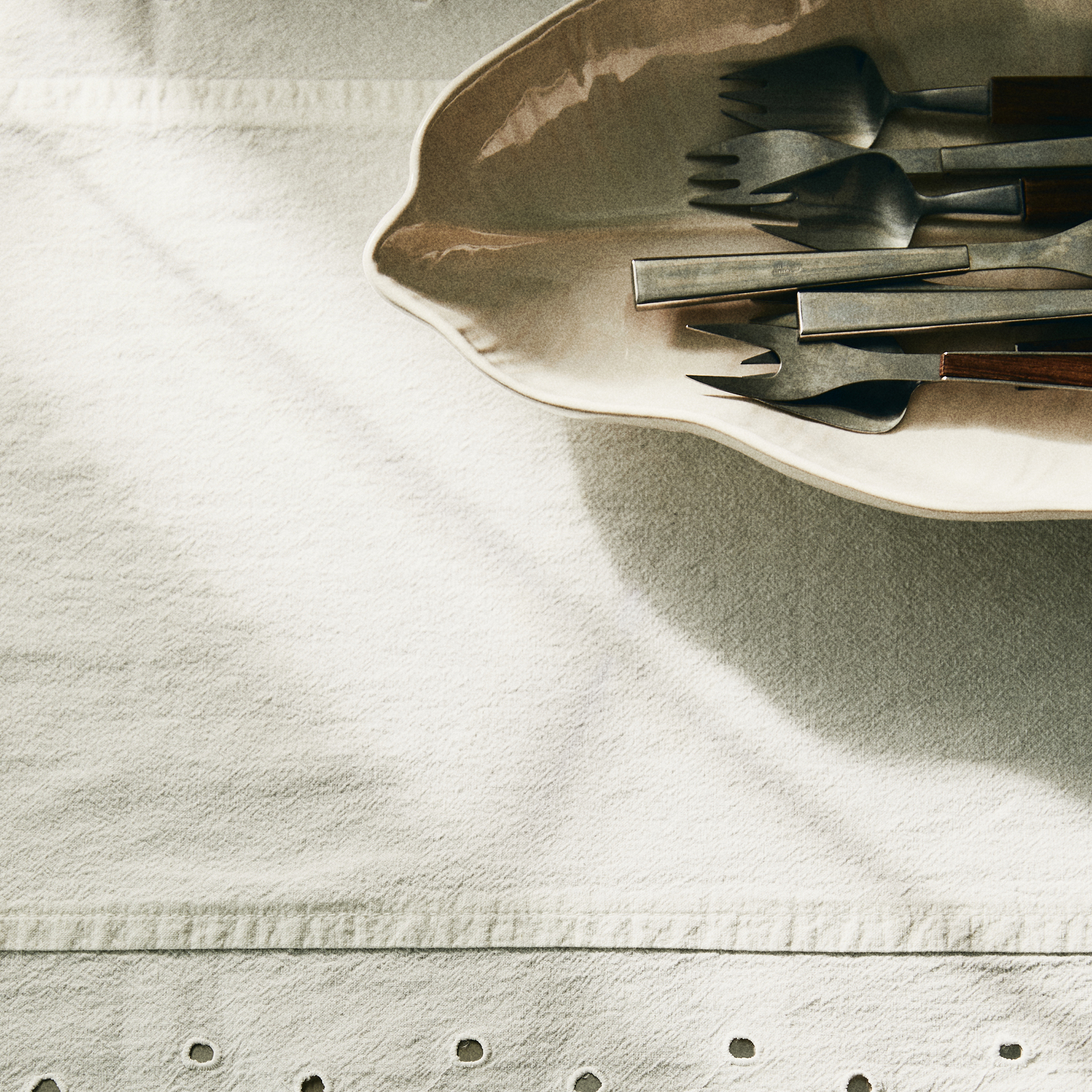 I'm a kitchen decor editor and didn't like this tableware trend - until I saw H&M Home's designer-look plates
I'm a kitchen decor editor and didn't like this tableware trend - until I saw H&M Home's designer-look platesThey made it easy to justify a new crockery set
By Holly Cockburn
-
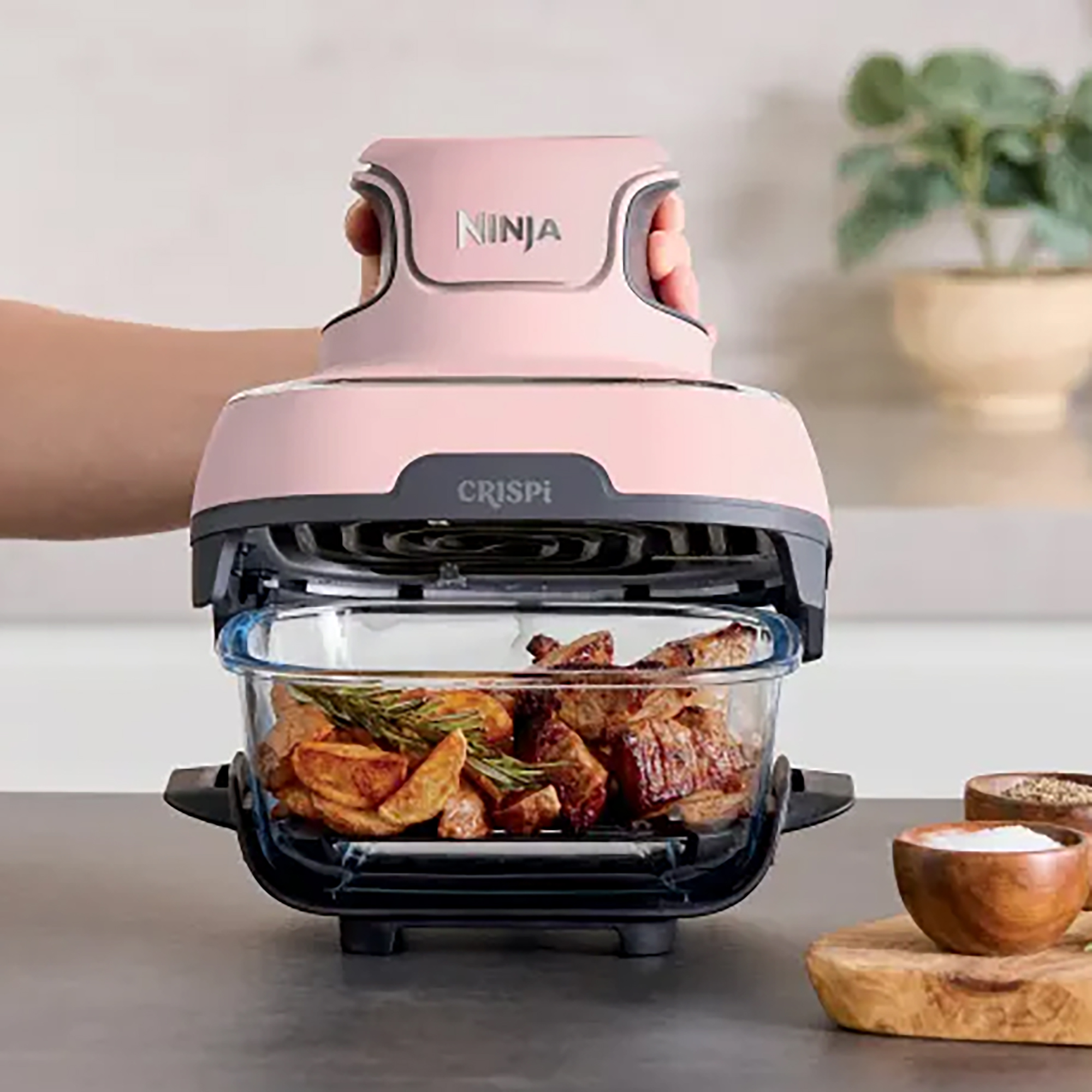 Have we just had a sneak peek at Ninja's plans for pastel air fryers? These new US-exclusive Crispi colours are giving us hope for the same in the UK
Have we just had a sneak peek at Ninja's plans for pastel air fryers? These new US-exclusive Crispi colours are giving us hope for the same in the UKNinja's spring colours collection i the US has sparked some serious appliance envy
By Molly Cleary